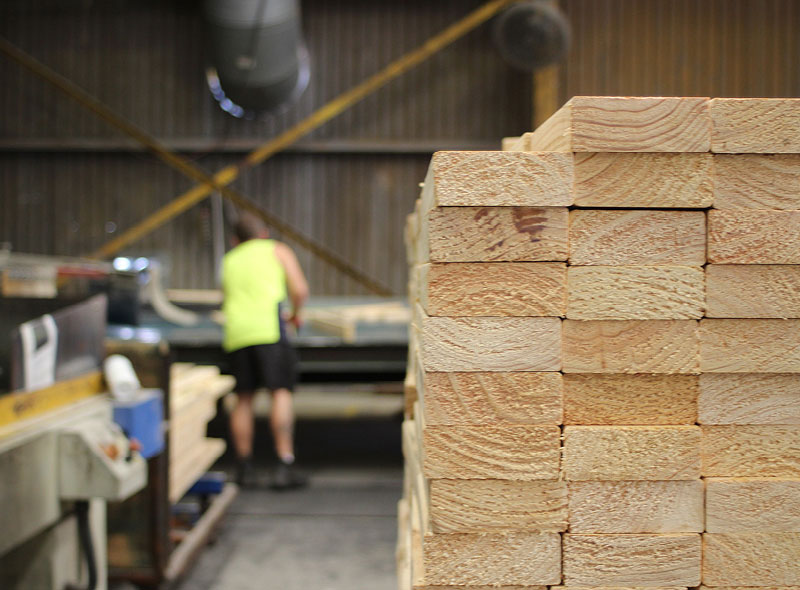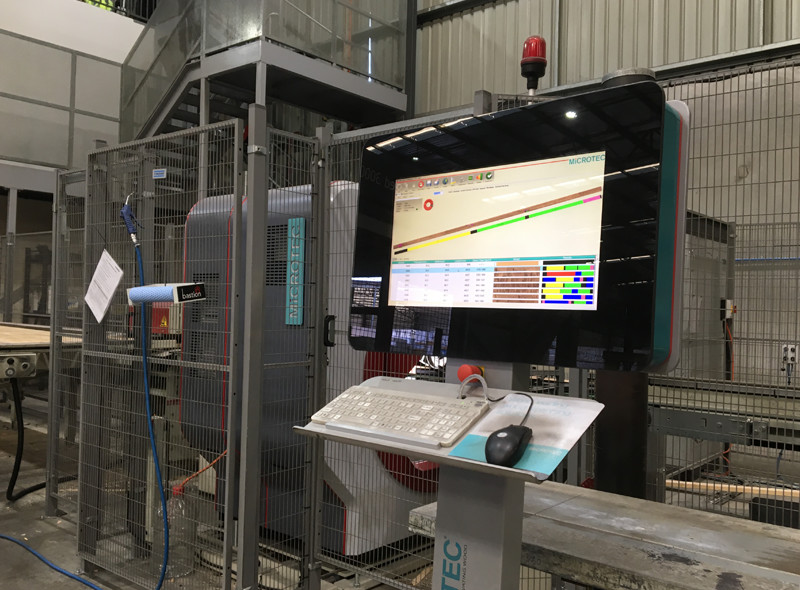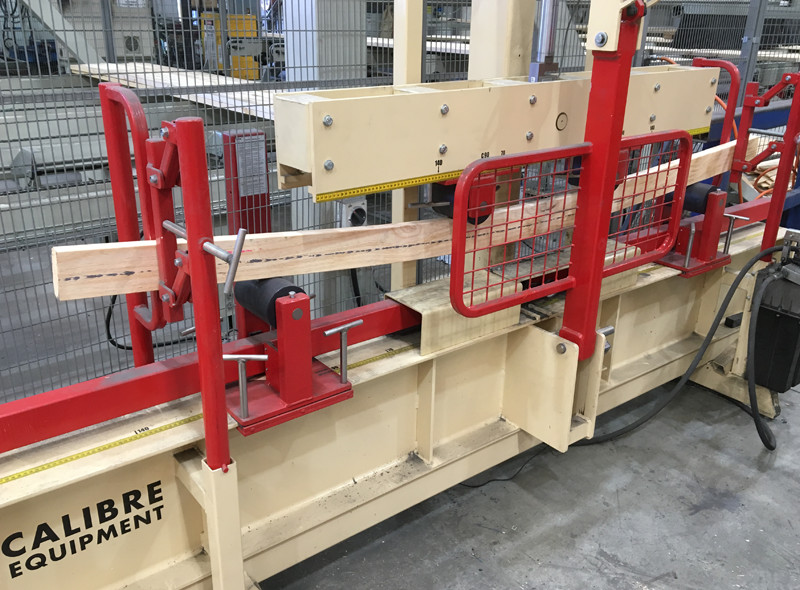From Fabricators to Assemblers: The Evolution of the Frame & Truss Sector
The frame and truss sector is currently engaged in a lively discussion about the role of steel, specifically Folded Light Gauge Metal (FLGM) framing. This conversation has sparked a broader question about the terminology used to describe companies in this sector.

Fabricators or Manufacturers?
Historically, companies supplying frames and trusses have been known as ‘Fabricators’, a term derived from the concept of ‘Pre-fabricated Roof Trusses & Wall Frames’. However, the Frame & Truss Manufacturers Association (FTMA) has recently started referring to these companies as ‘Manufacturers’. The distinction between a fabricator and a manufacturer may seem insignificant, given the sector’s traditional operations.
The Shift Towards Assemblers
Looking at the sector from a slightly detached perspective, it’s clear that there’s a gradual shift towards becoming ‘Assemblers’. This trend is supported by the increasing demand that Programmed Timber Supplies (PTS) sees for pre-cut components.
Global Industry Trends
Interestingly, this shift towards assembly is not unique to the frame and truss sector. Industries worldwide are moving in this direction for various reasons, most notably due to increased competition, skill shortages, and operational efficiency. Builders, for instance, are opting for pre-fabricated frames and trusses because they lack the necessary skills on-site or simply prefer the convenience. Not to mention, there’s a greater economy of scale achieved by ‘compiling’ manufacturing.
The Challenge Posed by FLGM Promoters
Despite these trends, FLGM promoters are attempting to steer the industry in the opposite direction. They propose that fabricators or manufacturers become ‘Processors’ by folding flat light gauge metal before it can be effectively used. This process adds more steps before the finished goods can be invoiced, leading to increased costs, risks, labor, quality assurance compliance, and overhead.
The Future of the Frame & Truss Industry
It’s a challenging proposition to expect suppliers to do more work before they can issue an invoice. However, by following global trends and allowing suppliers to do more, the existing frame and truss industry stands to benefit significantly.

